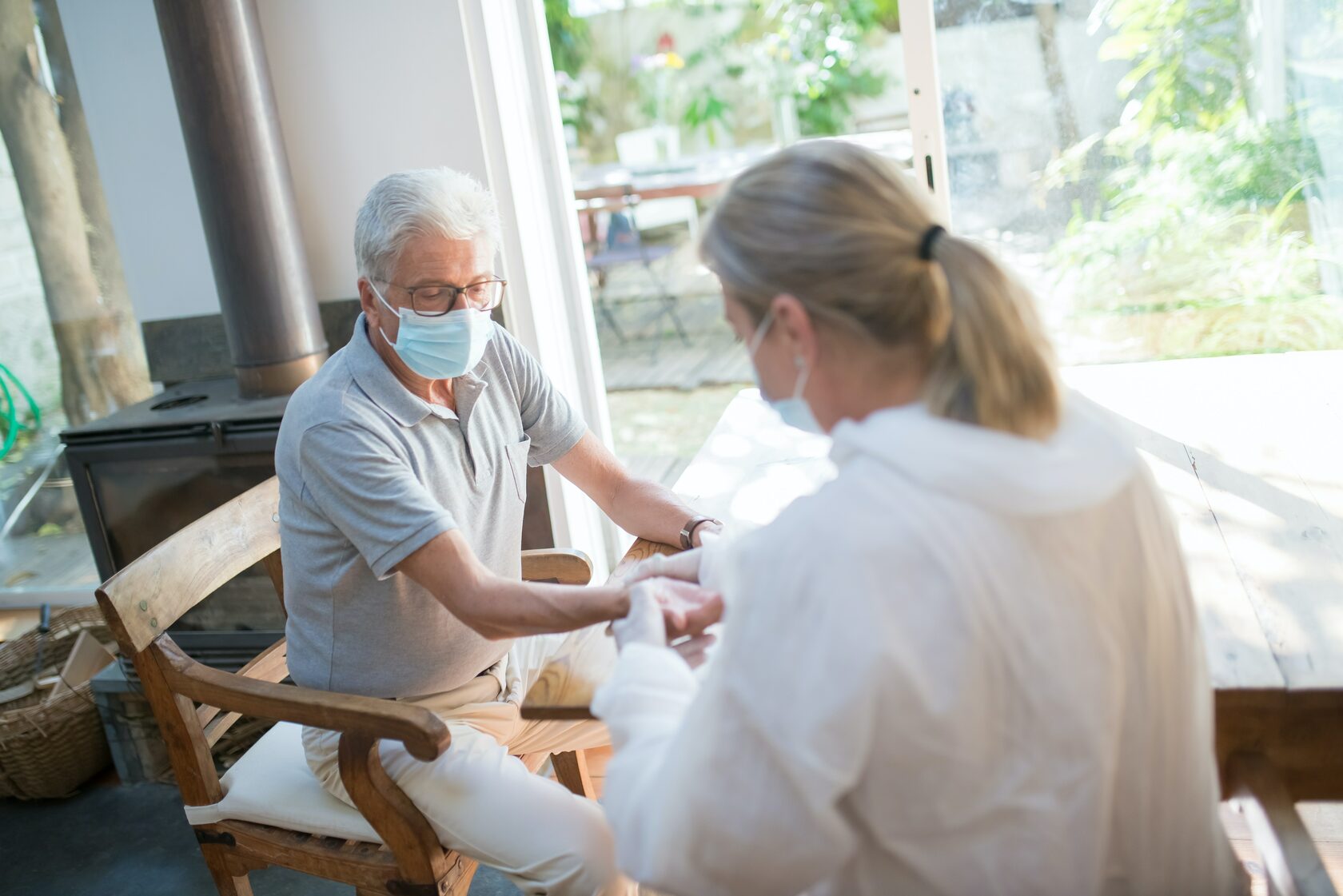Proper nutrition for elderly patients is vital.
Everyone needs a well-balanced diet containing essential nutrients and plenty of fluids. This helps the body grow new cells, maintain normal body function and have energy for activities.
For the ill or elderly, a well-balanced diet helps maintain muscle and skin tissues and prevent pressure injuries. In addition, a healthy diet promotes the healing of wounds. It also helps patients cope with physical and emotional stress.

1) Drinking water
The essential ingredient for survival.
Through perspiration (sweating), water aids digestion, food absorption, waste disposal, and body temperature regulation through perspiration (sweating).
2)Carbohydrates are the second type of food.
Energy and extra protein should be provided to the body.
Assist the body inefficiently using fat.
Provide fiber, which is essential for bowel movement.

Sugars, sweets, syrups, and jellies are examples of simple carbohydrates.
3) Probiotics
Tissue growth and repair require this nutrient.
Provide the body with energy.
Seafood, poultry, meat, eggs, milk, cheese, nuts, nut butter, peas, dry beans or legumes, and soy products are excellent protein sources (tofu).
Protein can also be found in whole grain cereals, pasta, rice, and bread.
4)Fats:
Fats assist the body in storing energy
Enhance the flavor of your cuisine
It is necessary for the absorption of specific vitamins.
Saturated, trans fat, monounsaturated, and polyunsaturated fats are the four types of fats.
Saturated and trans fats raise cholesterol levels and increase the risk of heart disease.
Monounsaturated and polyunsaturated fats can aid in weight loss and lower the risk of heart disease and type 2 diabetes.
Animal fats, such as butter, cattle, pork, poultry, fish, and dairy products, are sources of fats; plant sources of fats include olives, nuts, and seeds.
5)Vitamins
The body's ability to function depends on it.
A, D, E, and K are fat-soluble vitamins.
B and C are water-soluble vitamins.
Minerals (nine)
Keep your body in working order.
Assist in the formation of bones and hormones.
Assist in the production of blood.

Preventing Unintended Weight Loss in Patients
The following should be reported to the Supervisor by HHAs: The patient requires assistance with eating and drinking.
- The patient consumes fewer than 75% of the meals offered.
- The patient is suffering from oral pain.
- The patient wears dentures that do not fit properly. In addition, chewing and swallowing are challenging for the patient.
- While eating, the patient coughs or chokes.
- The patient feels depressed, has sobbing bouts, or isolates himself from others.

